On the 20th anniversary of the Inge Morath Award, Sumeja Tulic reflects on the photographer’s brilliance and perseverance in what remains a male-dominated industry and her influence on generations of photographers since
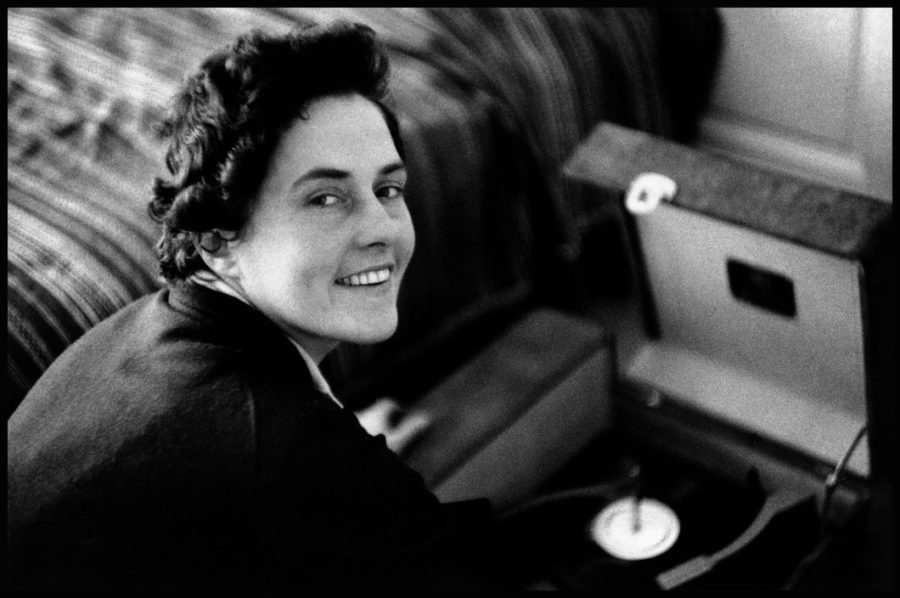

On the 20th anniversary of the Inge Morath Award, Sumeja Tulic reflects on the photographer’s brilliance and perseverance in what remains a male-dominated industry and her influence on generations of photographers since
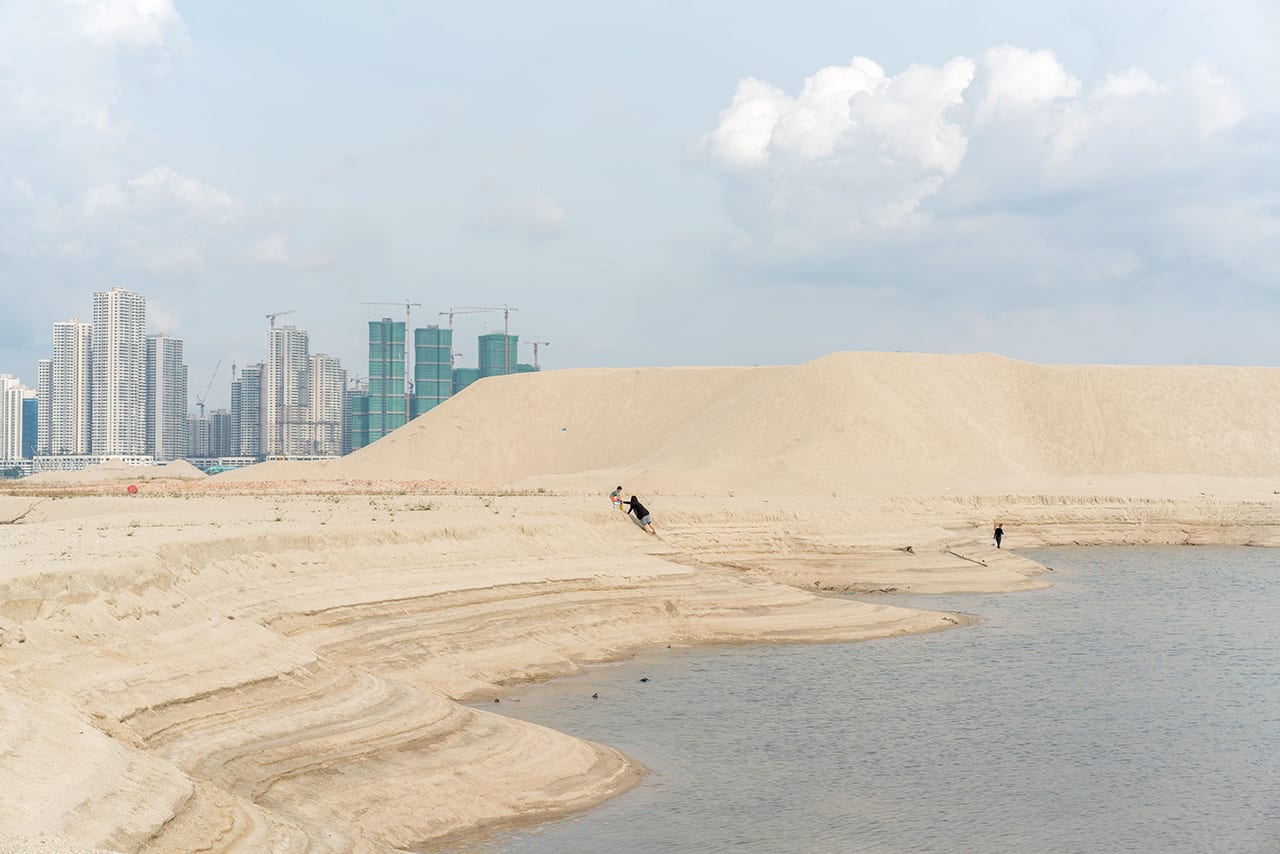
Would you like to join Magnum Photos? The agency is inviting photographers worldwide to submit their portfolios online by 31 January to be considered for nominee status.
Magnum will accept digital submissions from all professional photographers, and entries for June 2019 can be made through this website: https://contests.picter.com/magnum-photos/submissions-2019/ Applicants are required to submit two to three projects, with up to 80 photographs in total. The new nominee members will be announced on 01 July 2019.
In addition MACK is accepting open submissions for its First Book Award this year – in contrast to previous years, in which photographers were nominated by a panel of industry insiders. The prize is open to any photographer or artist who has not previously published work with a third party company, and entries are invited from 12 November 2018 – 21 January 2019. All entries must be paper book dummies; digital submissions are not accepted.
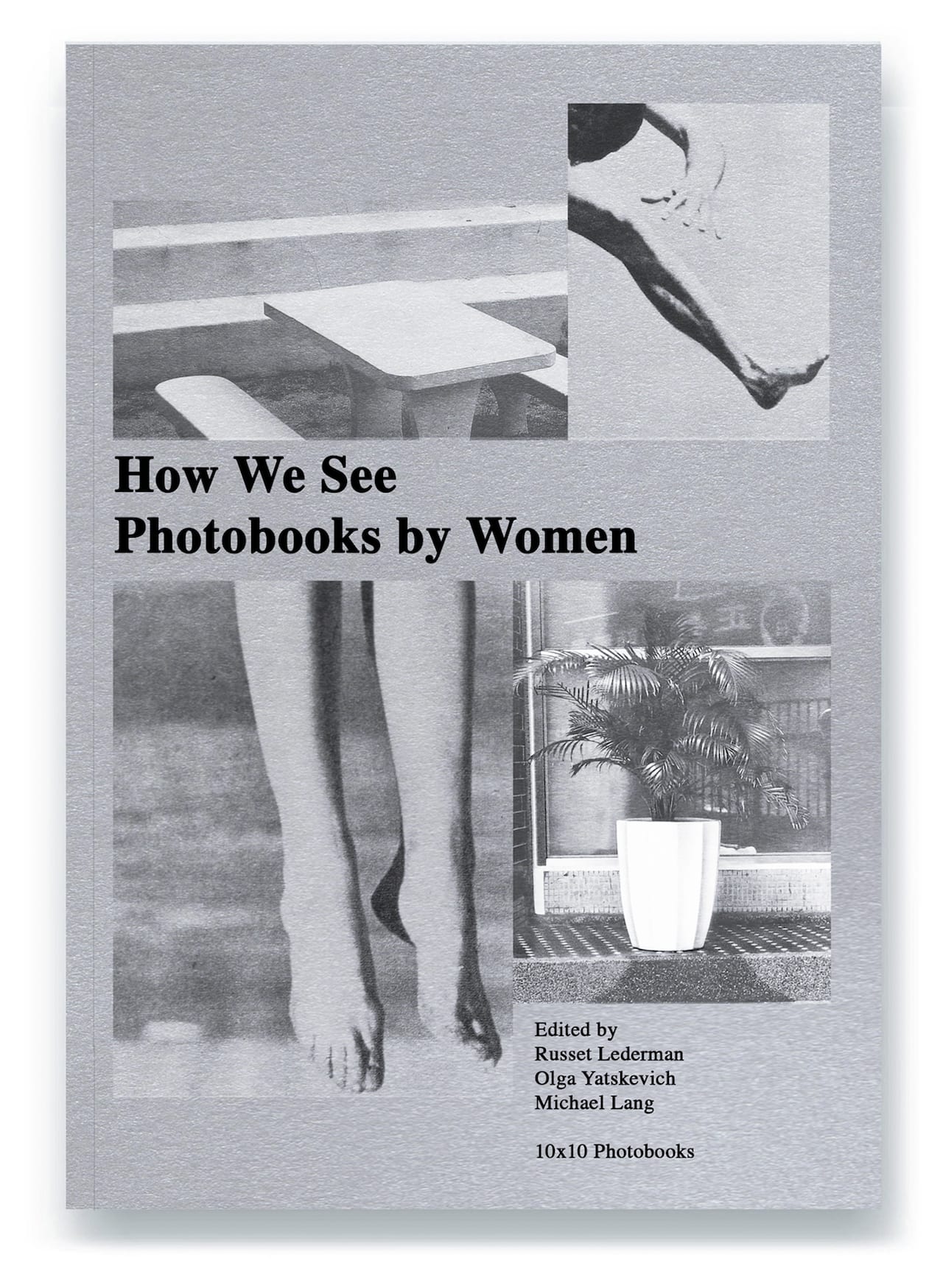
History confirms it – the first photobook was made by a woman, with British photographer Anna Atkins publishing Photographs of British Algae: Cyanotype Impressions in 1843, a year before Henry Fox Talbot’s The Pencil of Nature. Still, many historians, including Allan Porter in his introduction to The Photobook: A History, dismiss Atkins’ work as “photographic prints” rather than photography.
“Unfortunately, this is far too often emblematic of the uphill battle women photobook-makers still encounter when we talk about their history,” says Russet Lederman, co-founder of 10×10 Photobooks. “As we conducted research for the How We See project, we discovered that although women photographers produce relatively equal numbers of photobooks to men, their representation in the higher-profile sectors was, and still is, disappointing.”
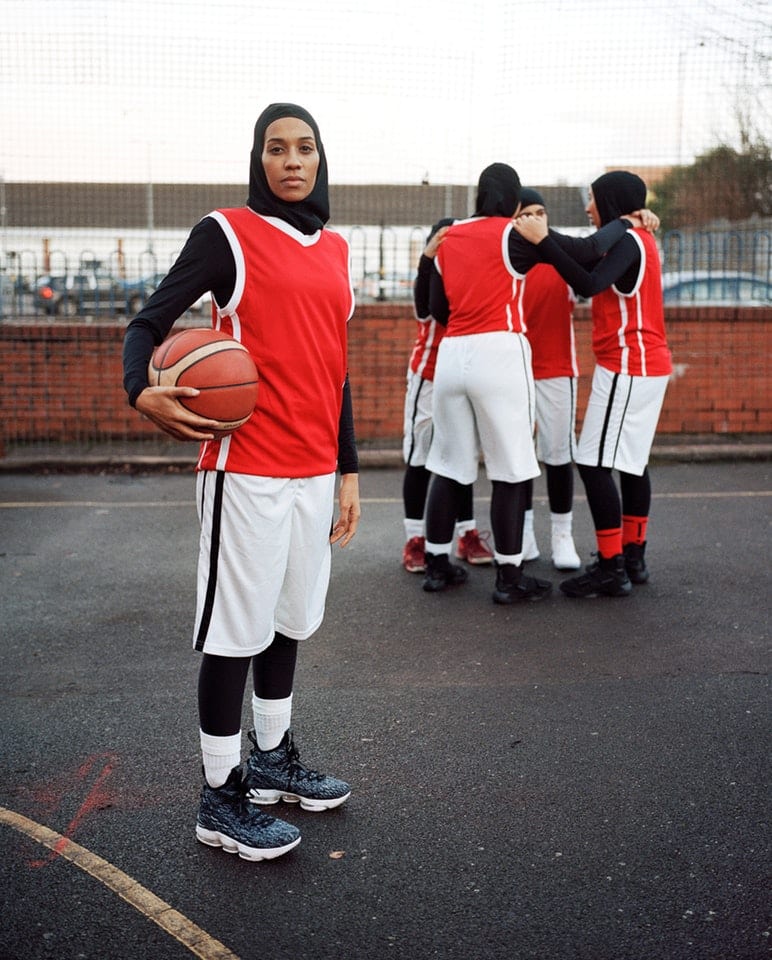
This year marks the third annual Portrait of Britain exhibition. As much a showcase of…
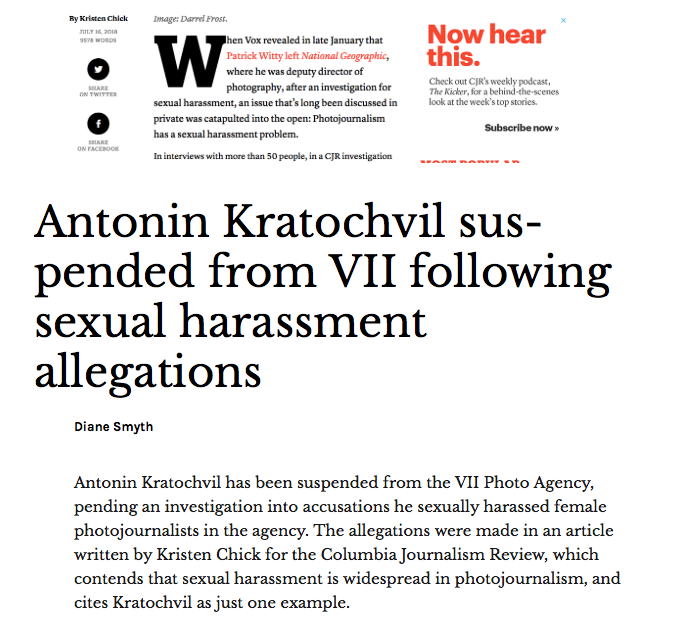
“We do see that our industry is male-dominated, world-wide – though not within NOOR,” say…
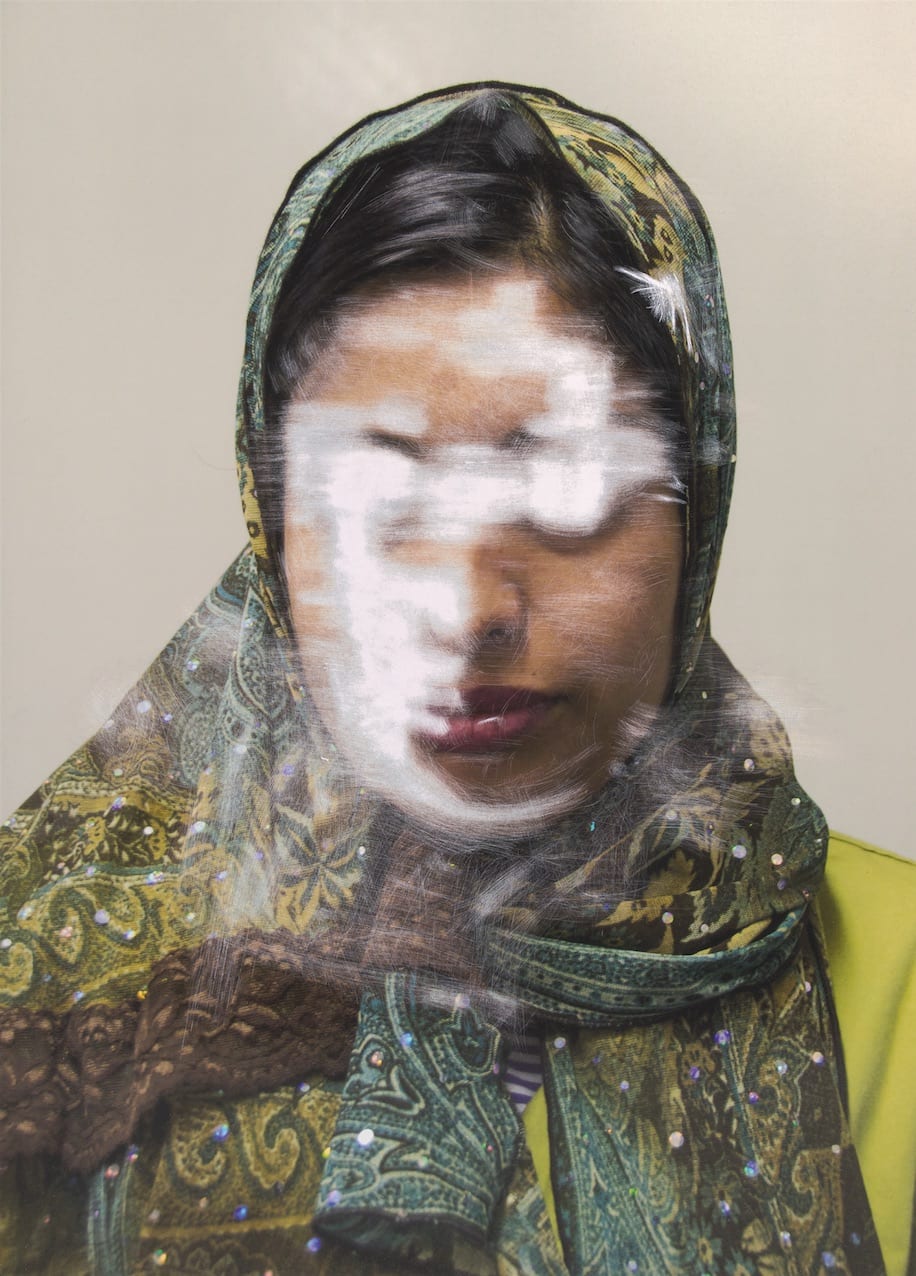
Article 14 of the Universal Declaration of Human Rights states: “Everyone has the right to seek, and to enjoy in other countries, asylum from persecution.” The UK was one of 48 nations to vote in favour of this document at the United Nations General Assembly in 1948 and now, 68 years later, British photographer Sam Ivin prints the full statement at the start of his first photobook, Lingering Ghosts. Made up entirely of portraits of people who have applied for asylum here, the book is a reminder – and an interrogation – of the codified notions of morality and fairness that Britain voted for but is not living up to.
Published by Fabrica, Lingering Ghosts asks a simple but thorny question – what does it mean to be an asylum seeker in the UK? Ivin scratched out the eyes of his subjects to induce a sense of foreboding, discomfort and alienation. As Gemma Padley notes in the foreword, “Once we remove our ability to connect with a subject through a person’s eyes, what remains?”
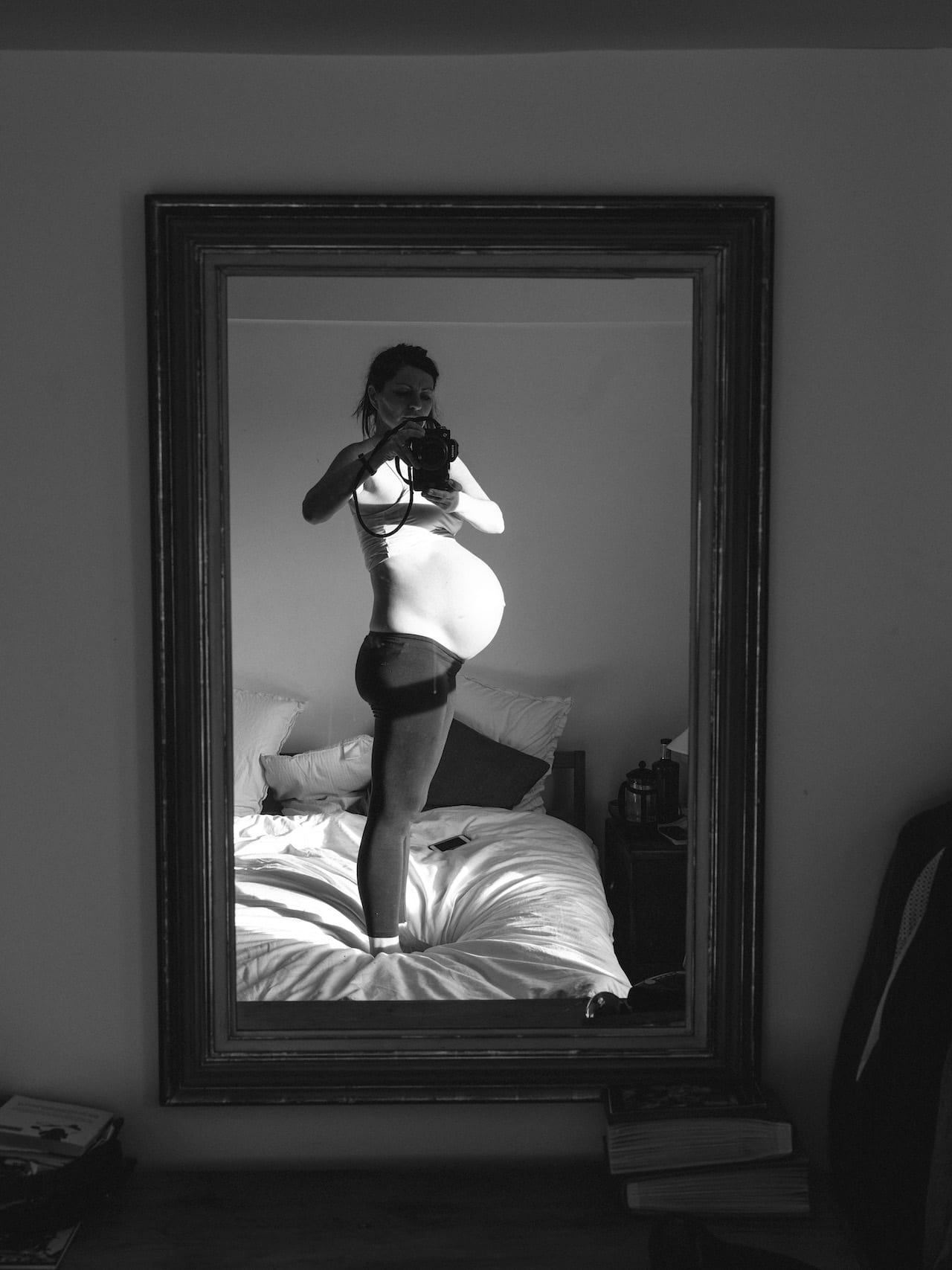
When the HOME project was proposed to her, Olivia Arthur was heavily pregnant with her second daughter and focussing that seemed a natural choice. “But in terms of presenting it as a project to the outside world, I think what’s interesting is this period of waiting – that’s where it all becomes very personal,” she says. Aptly titled Waiting for Lorelai, the project became about the anticipation she and her family experienced in the lead-up to the birth. “There’s this kind of emotion about how much it’s going to change the dynamics between us,” says Arthur, “and how my [older] daughter’s going to react when she finds out it’s not just her.”
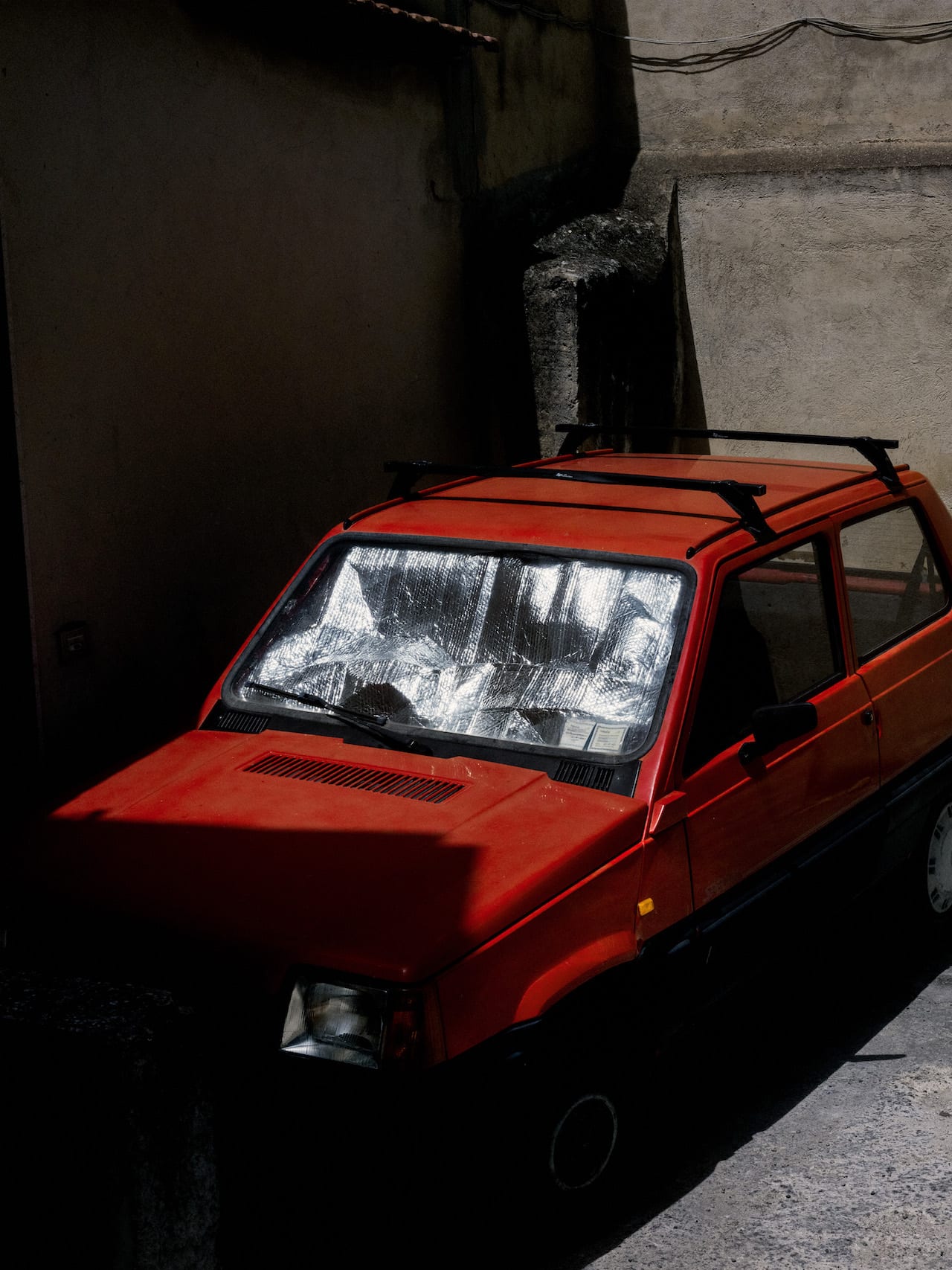
“What is ‘home’?” writes Magnum Photos curator Pauline Vermare. “Instinctively, the idea of peaceful haven comes to mind. A cocoon where one feels secure, loved and understood – a nurturing and forgiving place.” It’s a topic she’s been thinking about in depth, because back in 2017 Fujifilm invited Magnum Photos to collaborate on an ambitious group project, which eventually saw 16 of its documentary photographers reflect on the idea of ‘home’. These photographers are better-known for documenting the lives of others, but in this project, they were able to create intensely personal work instead. “This project provided photographers with an ideal pretext to explore a place they held dear, a familiar and familial landscape,” says Vermare. “It was an invitation to look inward and outward. Home – an inherently intimate and introspective subject matter – was also a formidable challenge to take on; for the past seventy years, Magnum photographers have predominantly been looking into the lives of others – and seldom looking into their own.”
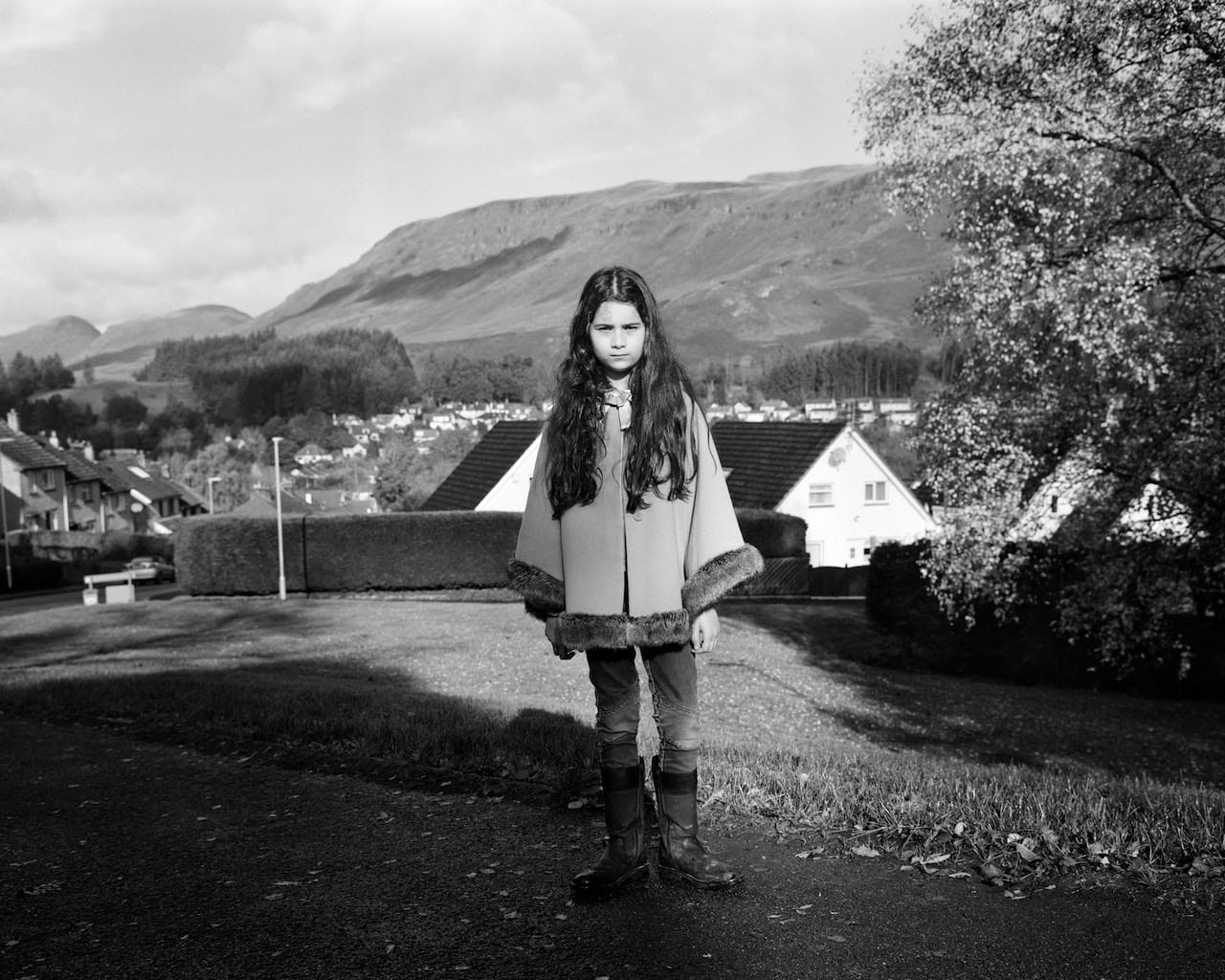
It’s a commendable milestone by anyone’s standards – for 70 years, Magnum Photos has been at the forefront of documentary photography, photojournalism and visual storytelling, its members reporting on conflicts, crises and changes for humanity the world over. To celebrate Magnum’s long and rich history, the agency has devised Magnum Retold, a huge group project in which current members revisit stories by their predecessors. Photographers were invited to respond to an archival story that had influenced or inspired their practice in some way – a story that meant something to them personally, or a topical subject they wished to revisit. “There is a repository of amazing work, which is the 70-year-old legacy of these incredible photographers,” explains Magnum’s content director, Francesca Sears.
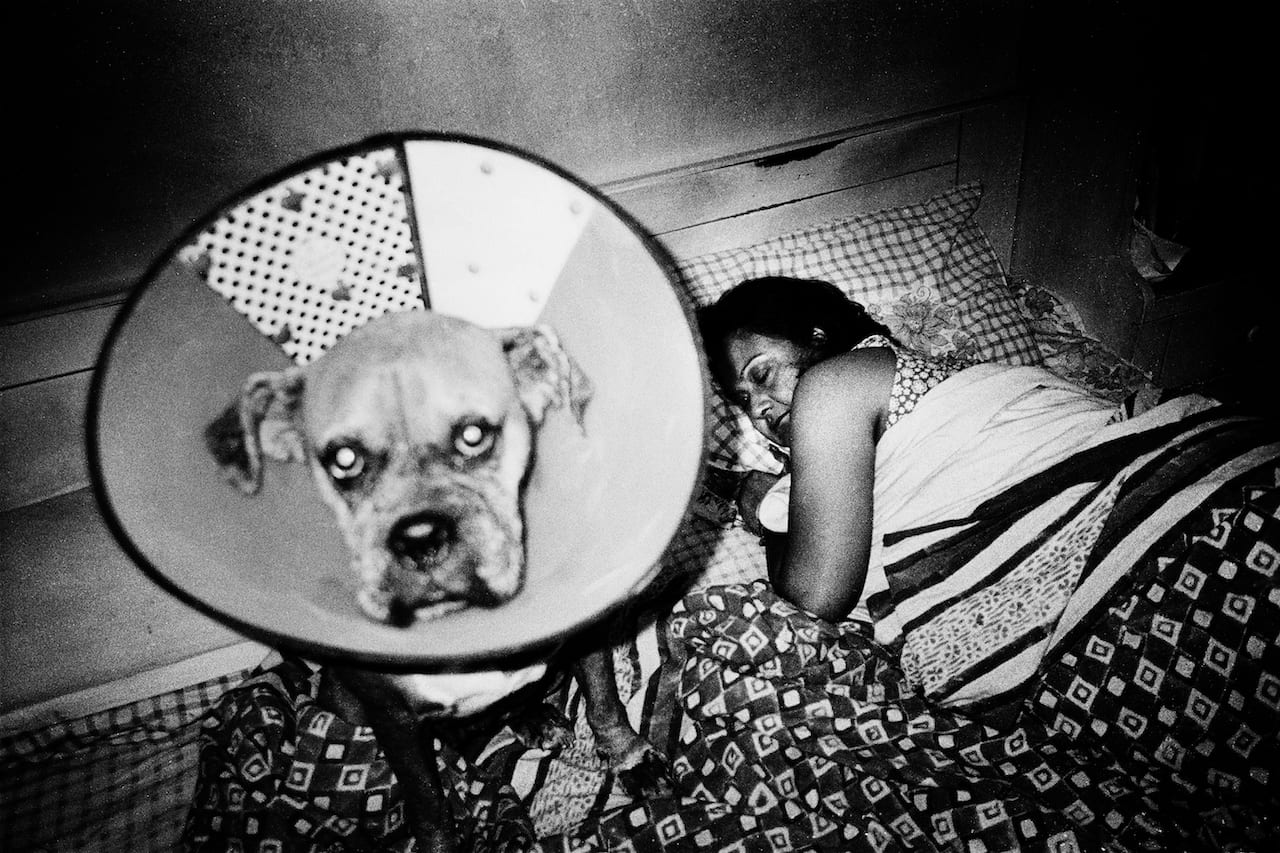
Illuminating India: Photography 1857-2017, is the first exhibition to document the history of photography in India, and includes both archive and contemporary work. It includes images by India’s first known photographer Ahmad Ali Khan, pioneering art photographer Marahaja Ram Singh II, the country’s first female photojournalist, Homai Vyarawalla; and award-winning contemporary photographers such Magnum’s Sohrab Hura. It also includes images of India taken by non-Indians, including Henri Cartier-Bresson, Werner Bischof, Margaret Bourke White, Lucien Hervé, Mitch Epstein, Vasantha Yogananthan, and Olivia Arthur.